Gardening for Health: Benefits and Tips for Senior Gardeners
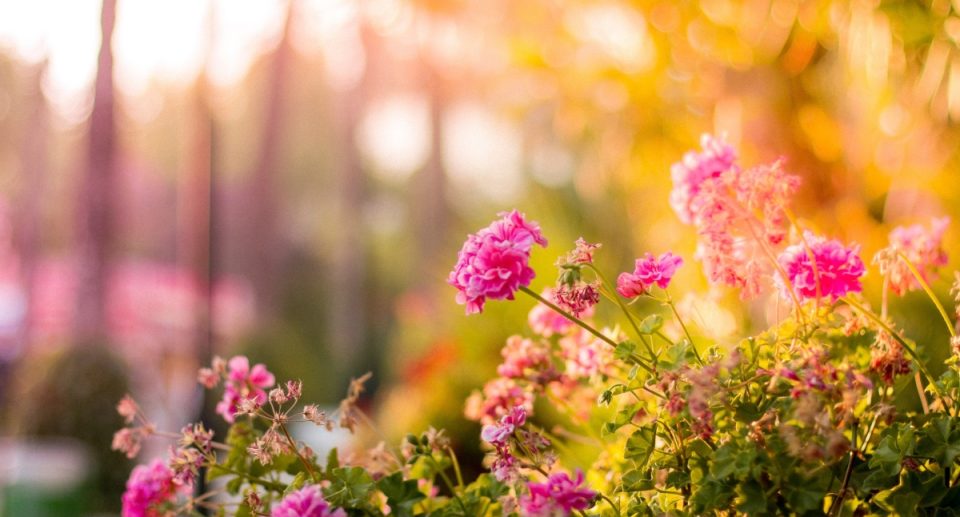
Gardening is more than just a hobby—it’s a powerful tool for enhancing physical, mental, and emotional well-being, especially for seniors. As people age, finding activities that engage the body and mind becomes increasingly important. Gardening offers the perfect blend of moderate physical activity, mental stimulation, and relaxation, making it an ideal pastime for seniors aged 45 to 75. In this article, we’ll explore the health benefits of gardening and provide practical tips to help senior gardeners enjoy the activity safely and effectively.
Physical Benefits of Gardening for Seniors
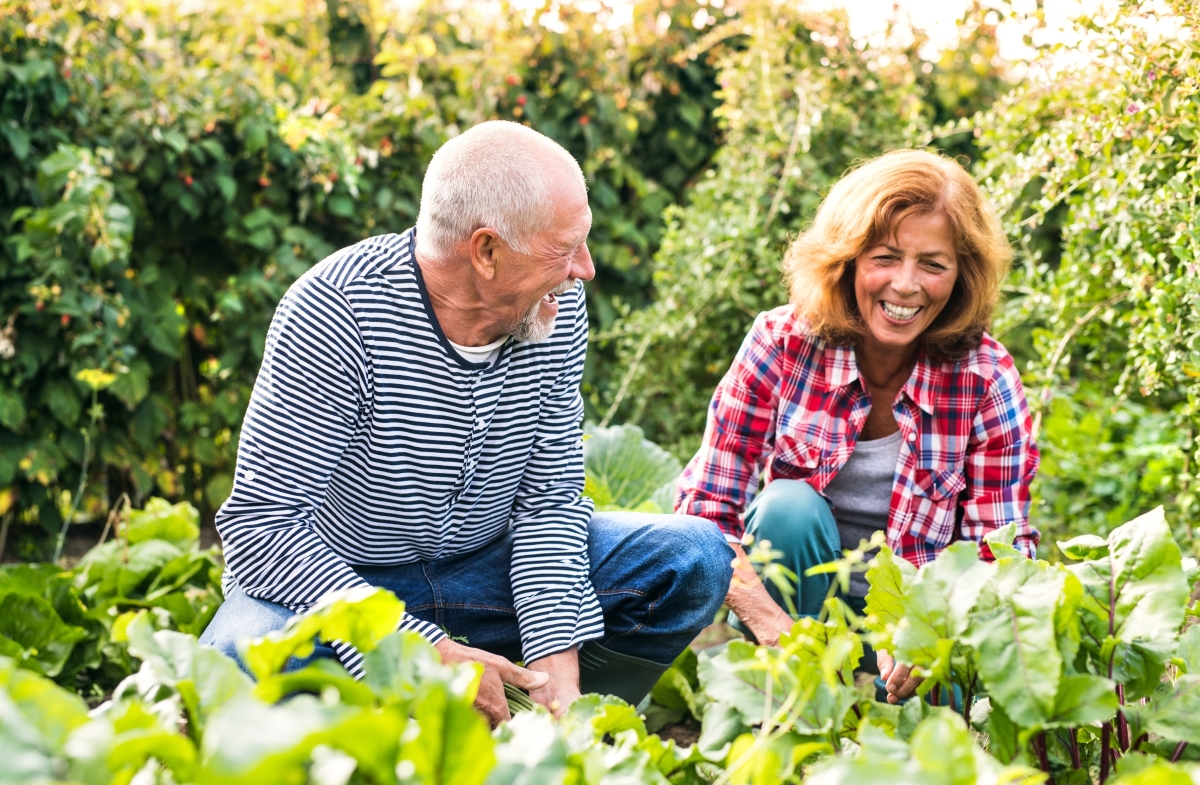
Gardening may not seem like intense exercise, but it provides a variety of physical benefits that help seniors maintain their health and vitality.
a. Low-Impact Exercise
One of the best aspects of gardening is that it offers a form of low-impact exercise that is gentle on the joints while still keeping the body moving. Activities such as digging, planting, weeding, and watering can improve muscle strength, flexibility, and endurance. Regular gardening also enhances balance, which is particularly important for seniors as it helps reduce the risk of falls.
For example, lifting watering cans or soil bags helps strengthen the arms, while kneeling and standing repeatedly can improve leg strength and flexibility. Unlike strenuous exercises that might be overwhelming, gardening allows seniors to engage in physical activity at their own pace, making it easier to stay consistent and active.
b. Improved Heart Health
Gardening gets the heart pumping and helps maintain cardiovascular health. Even light to moderate gardening tasks like raking leaves, planting flowers, or trimming shrubs can increase the heart rate, which improves circulation and supports heart function. According to studies, engaging in gardening activities can lower the risk of heart disease, stroke, and high blood pressure.
Another benefit is the time spent outdoors in fresh air, which can further promote a healthy heart. Exposure to natural surroundings can also lower stress levels, leading to better overall heart health.
c. Boosted Immune System
Spending time in the garden exposes seniors to sunlight, which is a primary source of Vitamin D. This essential vitamin supports bone health and the immune system, making it easier for the body to fend off illnesses and infections. Gardening also increases exposure to fresh air and beneficial microbes in the soil, which may help strengthen the immune system.
While spending time outdoors, seniors should be mindful of protecting their skin by wearing hats, sunglasses, and sunscreen to prevent overexposure to the sun.
Mental and Emotional Benefits of Gardening
Beyond physical health, gardening offers significant mental and emotional benefits. It helps reduce stress, sharpens the mind, and promotes emotional well-being.
a. Stress Relief
Gardening is a peaceful, mindful activity that encourages relaxation and reduces stress. The repetitive tasks, such as planting or watering, allow seniors to focus on the present moment, which can be calming. The sights, sounds, and smells of nature—whether it’s the rustling of leaves or the scent of flowers—help soothe the senses and create a feeling of tranquility.
Research has shown that spending time in nature or even viewing greenery can lower cortisol levels, the hormone associated with stress. Gardening is a wonderful way for seniors to experience these calming effects firsthand, leading to better mental health.
b. Cognitive Health
Keeping the brain active is essential for seniors, and gardening offers a great way to stimulate cognitive function. Planning and organizing a garden involves problem-solving, memory, and creativity. Seniors might need to remember what plants need sunlight or shade, how often they should be watered, or what time of year is best for planting certain crops.
These mental challenges can help improve memory, concentration, and decision-making skills. Engaging in new gardening techniques or experimenting with different plants can also promote neuroplasticity—the brain’s ability to adapt and grow new connections.
c. Sense of Accomplishment
There’s a deep sense of satisfaction in watching something grow from a seed into a thriving plant. Gardening offers seniors a tangible reward for their efforts, which fosters a sense of accomplishment and pride. The responsibility of tending to plants can also give seniors a renewed sense of purpose, especially during retirement years when they may be seeking new activities to fill their time.
Whether it’s growing vegetables for a family meal or cultivating beautiful flowers, the outcomes of gardening provide seniors with a meaningful and rewarding experience that boosts their emotional well-being.
Social Benefits of Gardening for Seniors
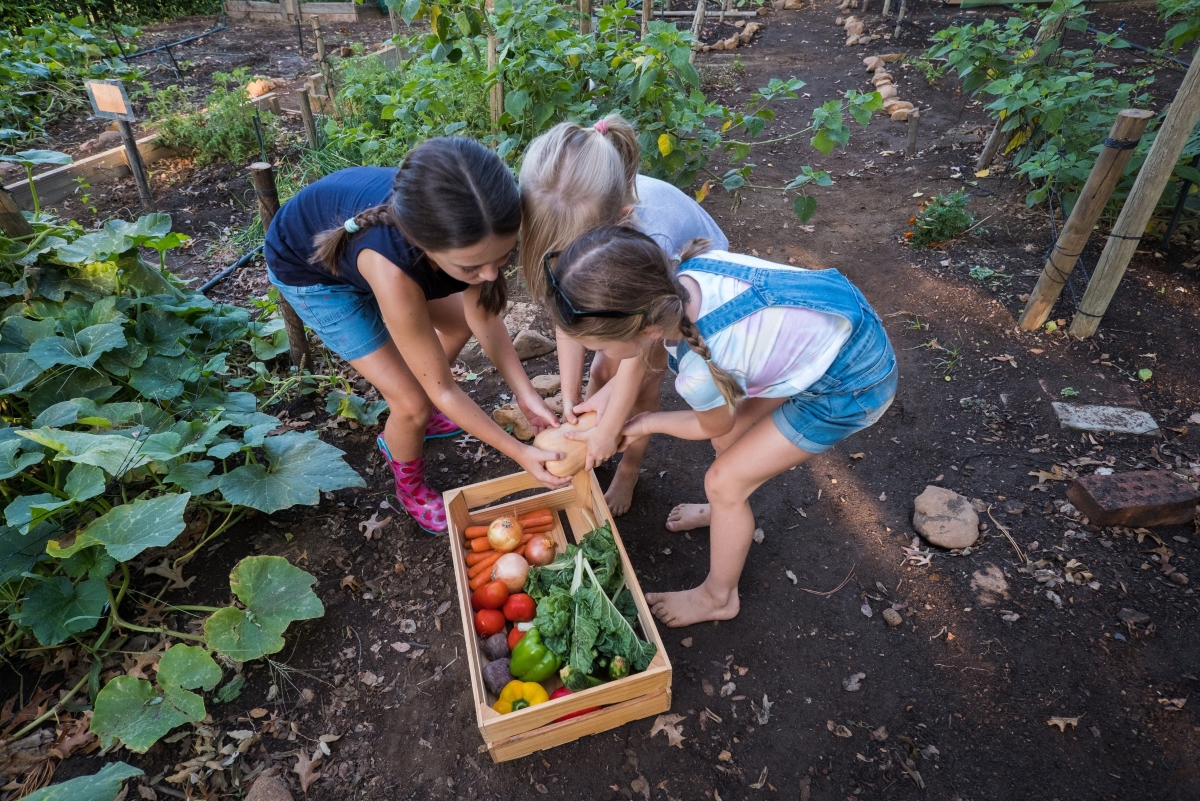
Gardening doesn’t have to be a solitary activity. It can also foster social connections, which are important for maintaining mental and emotional health in older age.
a. Gardening Groups and Communities
Joining a gardening club or participating in a community garden allows seniors to socialize while doing something they enjoy. These groups often offer a supportive environment where seniors can share tips, exchange plants, and work on projects together. The shared passion for gardening creates a natural sense of camaraderie, reducing feelings of isolation.
Community gardening projects also allow seniors to contribute to their neighborhood or local community, creating a sense of belonging and connection with others.
b. Intergenerational Gardening
Gardening can be a wonderful way to bond with younger family members, such as children or grandchildren. Seniors can pass down their gardening knowledge and skills, creating a shared activity that strengthens family relationships. Intergenerational gardening fosters not only stronger bonds but also a sense of continuity and tradition.
Teaching younger generations about the joys of gardening also helps keep seniors mentally engaged while providing a chance to create lasting memories with their loved ones.
Tips for Senior Gardeners
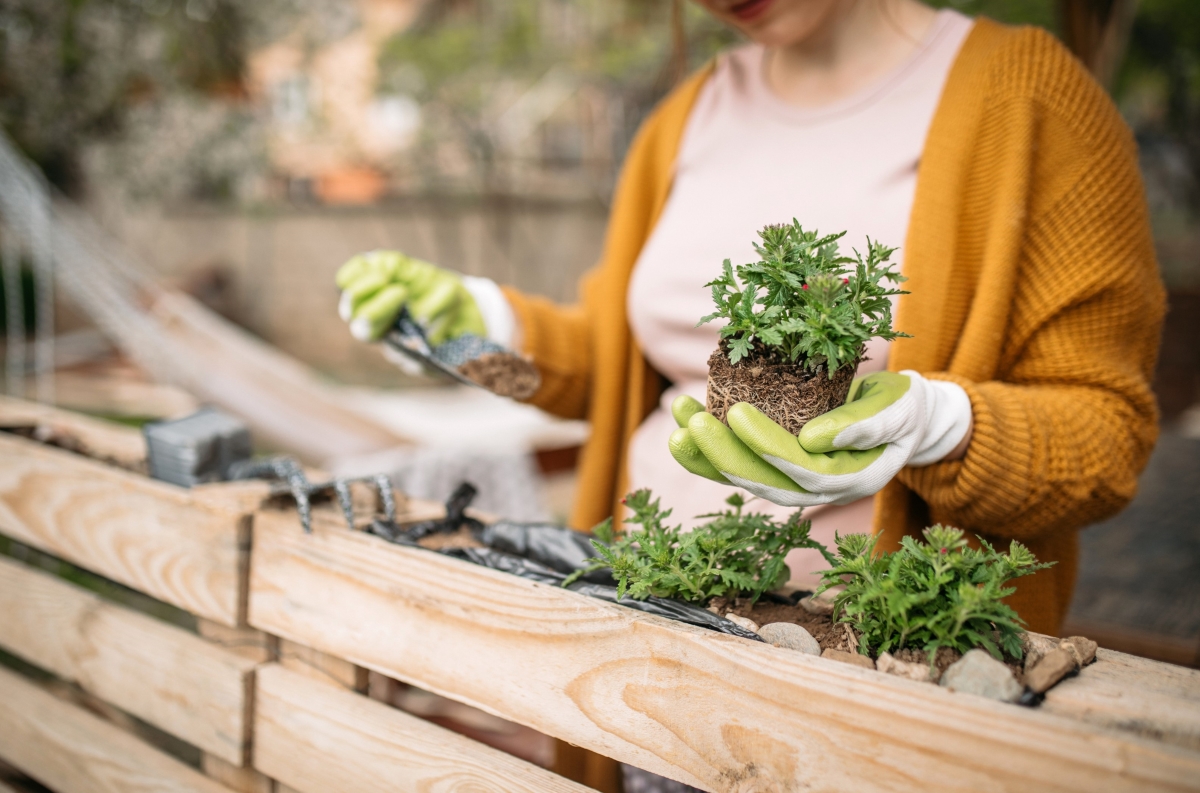
While gardening offers numerous benefits, seniors need to take a few precautions to ensure they enjoy the activity safely and comfortably.
a. Start Small
For beginners or those returning to gardening after a long break, it’s best to start small. Container gardening or maintaining a small garden bed can provide all the benefits of gardening without becoming overwhelming. Plants like tomatoes, herbs, and flowers are excellent for beginners as they are relatively easy to grow and maintain.
Starting small allows seniors to build their confidence and skills before moving on to larger projects.
b. Use Ergonomic Tools
Ergonomic gardening tools are designed to be lightweight and easy to handle, reducing the strain on joints and muscles. Long-handled tools, for example, can help reduce bending and kneeling, while padded gloves can protect hands and make gripping easier.
Investing in ergonomic tools can make gardening more comfortable and accessible, allowing seniors to enjoy their gardens without discomfort or injury.
c. Choose Raised Beds or Vertical Gardens
Raised garden beds or vertical gardens are excellent options for seniors with difficulty bending or kneeling. Raised beds are built at a height that allows gardeners to tend to their plants without straining their backs or knees. Vertical gardens, which involve growing plants upward along a wall or trellis, are another space-efficient option that minimizes the need for bending.
Both options provide accessibility and convenience while still offering the full benefits of gardening.
d. Focus on Safety
Safety should always be a priority when gardening, especially for seniors. It’s important to stay hydrated, take breaks when needed, and wear protective gear like gloves, hats, and sunscreen. Seniors should also be mindful of their surroundings and use caution when lifting heavy items or working on uneven terrain.
Taking these precautions can help seniors enjoy gardening safely and comfortably.
Adapting Gardens for Mobility Challenges
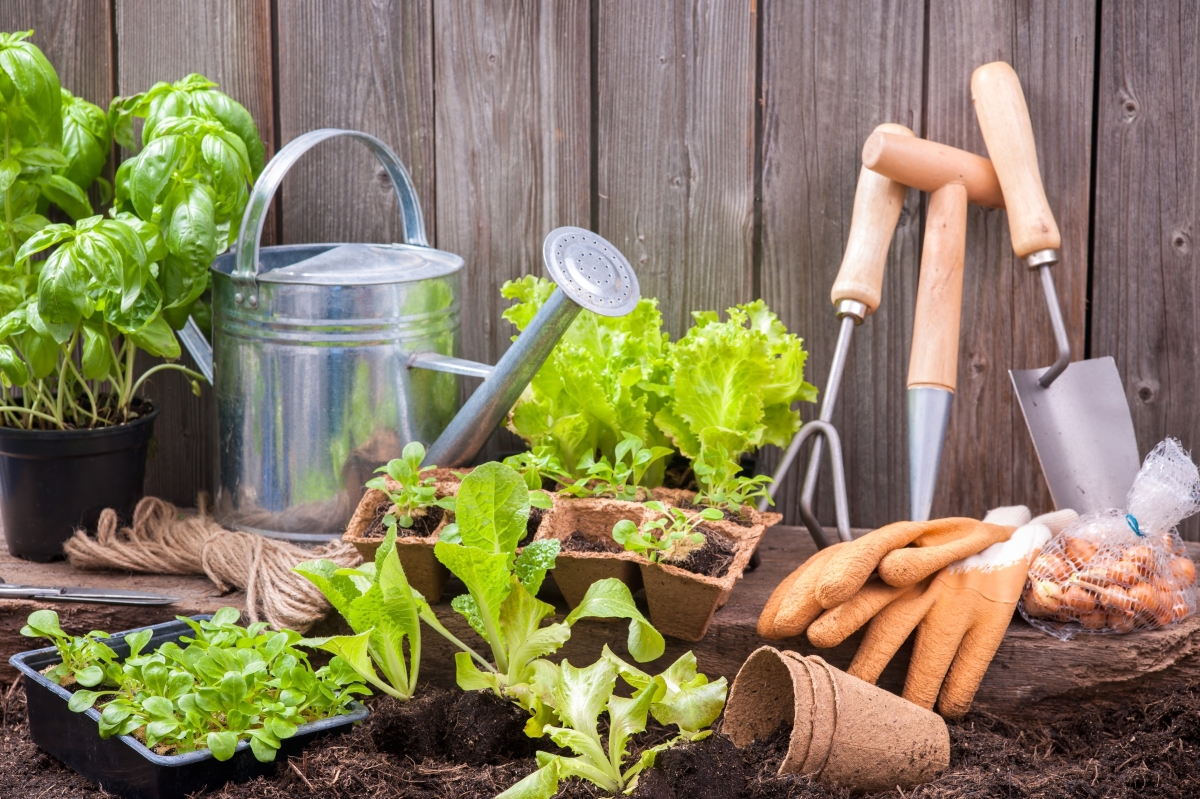
Gardening is a highly adaptable activity that seniors with mobility challenges can enjoy. There are several ways to modify a garden to make it accessible for everyone.
a. Accessible Garden Designs
Creating a garden that is accessible to seniors with mobility issues can involve adding raised garden beds, wide pathways, or garden benches. Pathways should be smooth and wide enough for a walker or wheelchair, while garden benches offer a place to rest during longer gardening sessions.
Adaptive tools with longer handles or larger grips can make gardening easier for seniors with arthritis or limited mobility.
b. Alternatives to Traditional Gardening
For seniors who may not have the space or ability to maintain a traditional outdoor garden, indoor gardening is a great alternative. Growing herbs, small plants, or flowers in pots on a windowsill or balcony can offer many of the same benefits as outdoor gardening.
Hydroponic systems or vertical gardens are also options for growing plants in small spaces, requiring less physical effort to maintain.
Conclusion
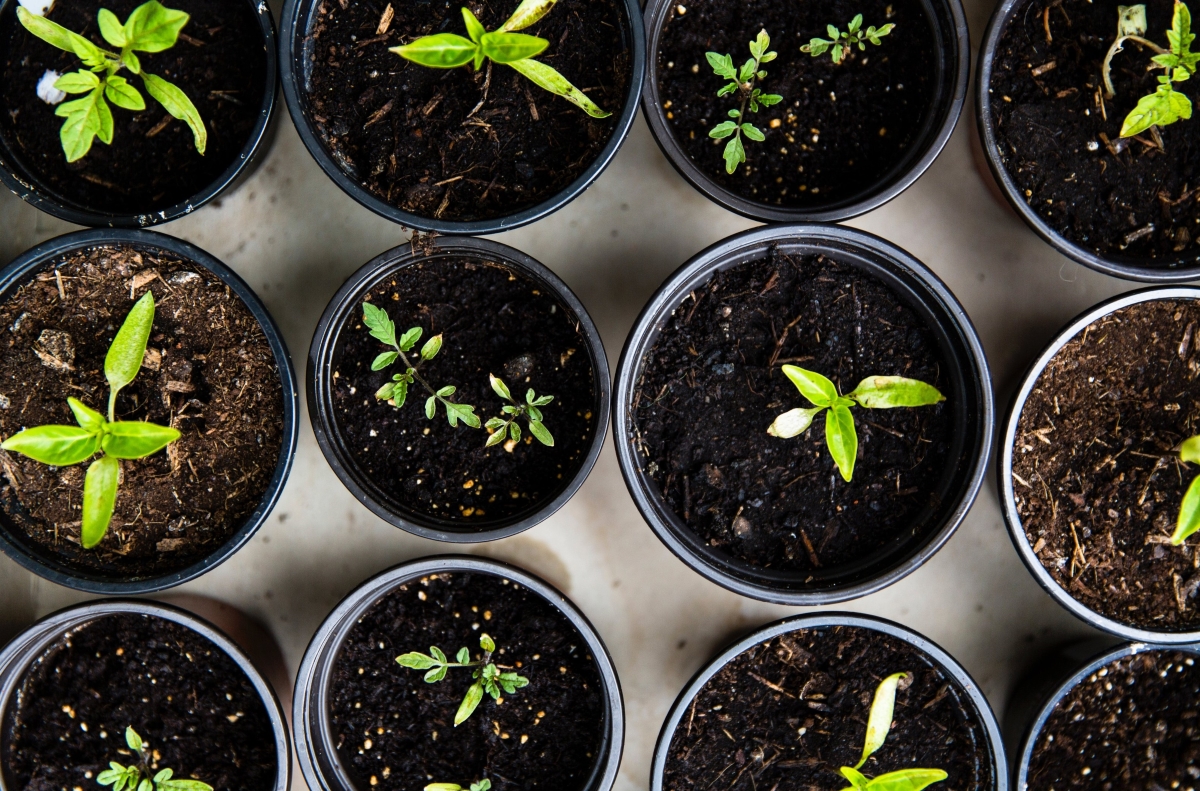
Gardening offers a wealth of benefits for seniors, from improving physical health to boosting cognitive function and providing emotional fulfillment. Whether tending to a small container garden or cultivating a lush outdoor space, seniors can enjoy the mental, physical, and social advantages of gardening well into their later years.
With the right tools, techniques, and safety precautions, gardening can be a rewarding and sustainable activity for seniors. By nurturing plants, seniors can nurture their health and well-being, making gardening a lifelong pursuit that continues to give back.





